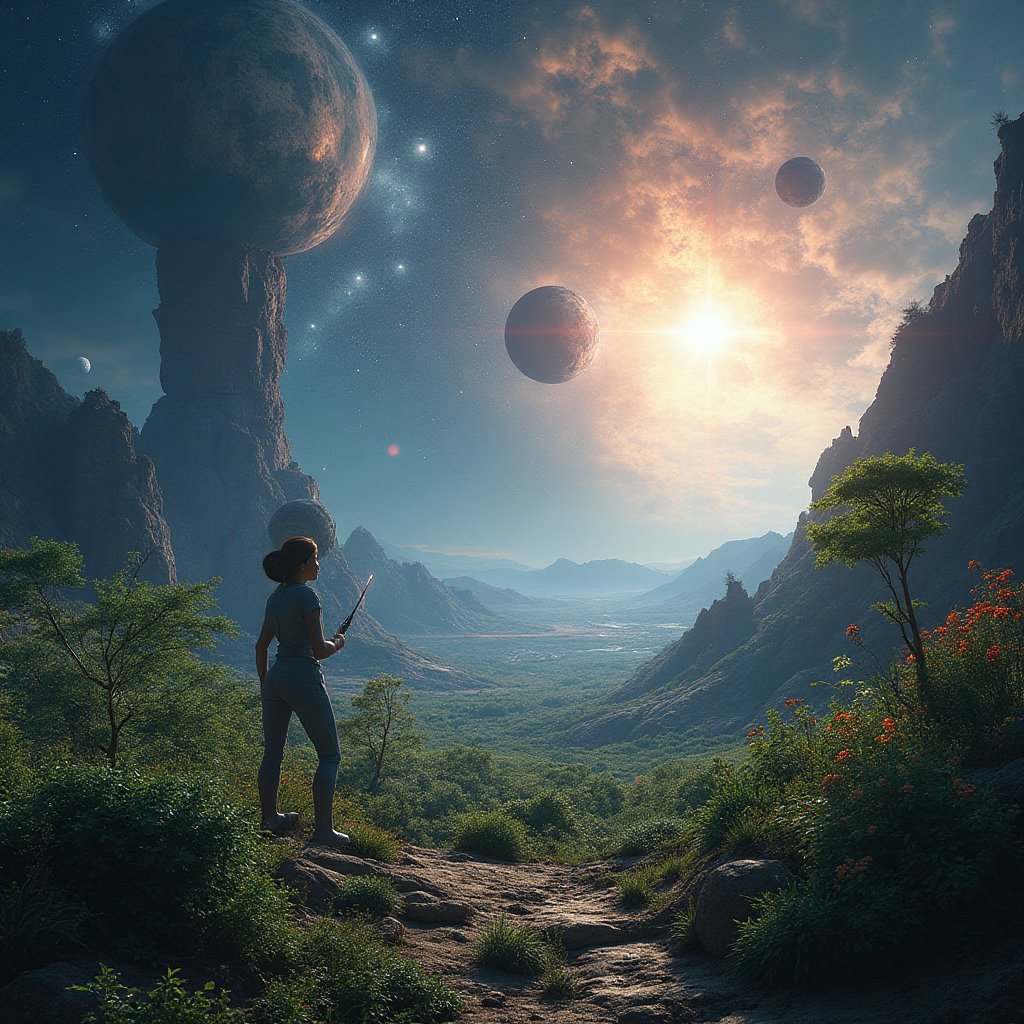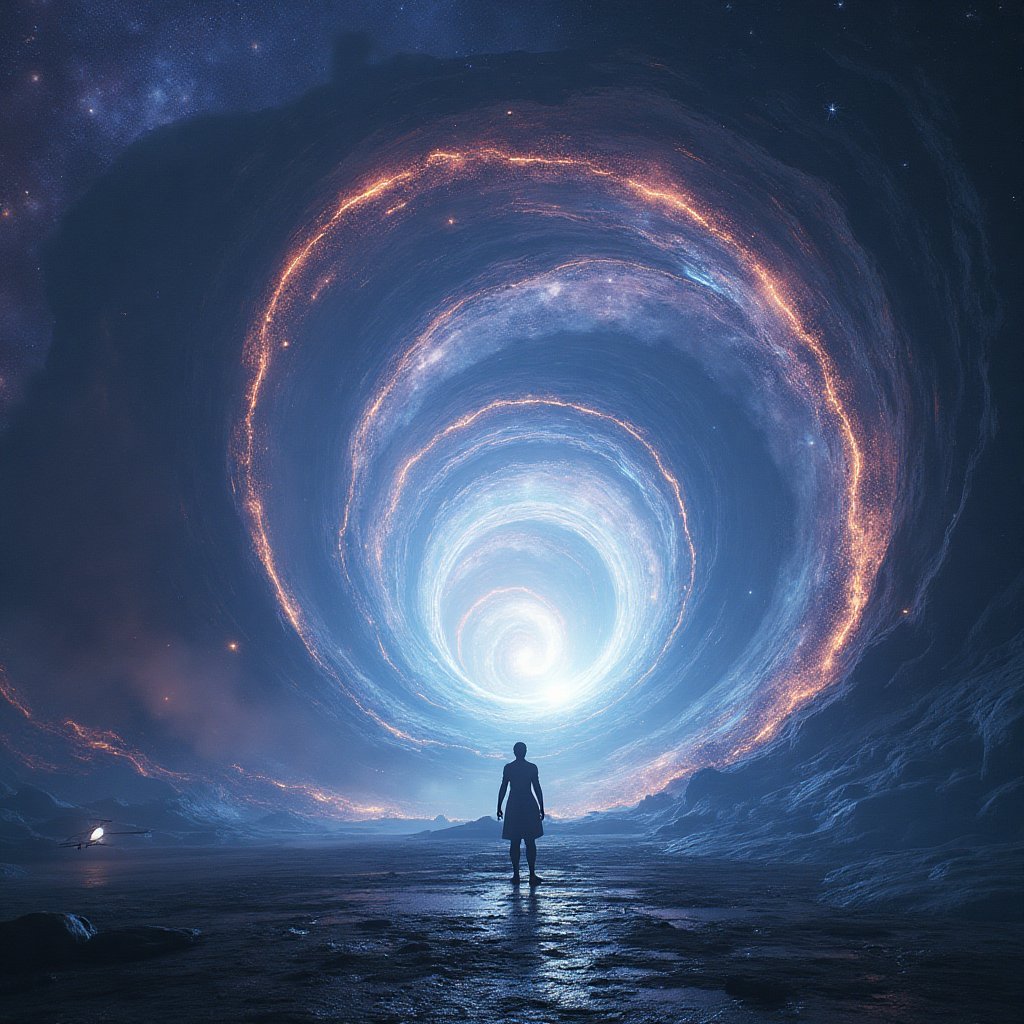Ah, the tangled and tantalizing web of artificial intelligence! Buckle your seat belts and hold on tight because we're diving deep into a world where machines might soon outsmart us. That's right, the latest buzzword in tech circles is "super intelligence." And if you believe the whispers from industry experts, it might be just a few thousand days away. If you're wondering what this all means and how it might change our lives forever, you're in the right place. We've got the scoop from a recent intriguing interview with none other than Sam Altman, CEO of OpenAI. So let's embark on this thought-provoking journey to see what the future holds, and spoiler alert: it might just blow your mind.
How Close Are We to Super Intelligence?
In a recent interview by The Free Press, Sam Altman openly discussed the potential dawn of super intelligence. To clarify, super intelligence refers to a type of AI that eclipses human intelligence in almost every conceivable way—the stuff of science fiction, right? But maybe not for long. Altman revealed that some folks in the industry believe we could witness the rise of such advanced AI in just a few thousand days. A timeline like that compels us to sit up and consider the possibilities.
Altman's reference to the September Manifesto—a crucial read for anyone who wants to grasp the rapid progress in AI—further underscores just how close we might be. If you haven't dived into it yet, consider this your friendly nudge; it outlines the potential social transformations that super intelligence might usher in. We're talking about a seismic shift in how we conduct research, make scientific breakthroughs, and interact with technology.
Scientific Progress at Light Speed
Think about it: if you could clone thousands of scientific minds and set them all to work simultaneously, how quickly could the pace of innovation accelerate? Altman poses a hypothetical where the annual discoveries and technological advancements compress into months, or even weeks. It is a challenging but exhilarating picture to paint. Imagine, say, finding a cure for cancer not in a decade but in just a couple of years. The potential impact on humanity is both thrilling and slightly terrifying.
Moreover, the implications for fields like mathematics and physics are staggering. We've already witnessed AI models breaking performance records on various benchmarks. The leap from playing chess against grandmasters to becoming pioneering researchers is not as far-fetched as it seems.
The Realities and Fantasies of a Tech Revolution
For those skeptics shaking their heads, Altman acknowledges that super intelligence might not immediately create machines 10 times smarter than us. Instead, it's about scaling what we know. If AI can astronomically boost our ability to run tests, conduct studies, and develop new technologies, the improvements could be palpable even in our everyday lives.
The Clock Is Ticking: How Soon Might We See ASI?
Now, how close are we exactly? Sam Altman estimates that we could reach artificial super intelligence (ASI)—where not only can AI cope with a range of complex tasks but also self-improves—in about 3,500 days. Yes, dear reader, you might want to mark your calendars because that "sci-fi future" is officially considered a real possibility on the horizon.
But if you think Altman is alone in these musings, think again. Industry minds like Ilia Sutskever from DeepMind and Logan Kilpatrick at Google have shared similar sentiments. A direct path to ASI now appears increasingly plausible, thanks to early achievements in scaling test time compute—a crucial stepping stone.
Yet the community remains divided. Critics such as Gary Marcus have set high benchmarks for AI to achieve by 2027, questioning whether AI will genuinely reach the capabilities people dream of. From understanding deep narratives in novels to crafting Oscar-worthy screenplays, the expectations are immense.
The AI Researchers' Perspective
According to insights from a former OpenAI researcher, the roadmap to ASI is a mix of ambition and calculated risk. Will it be attainable in mere months, or is a timeline of years more realistic? If you stroll down the halls of major AI firms, you might find optimistic timelines suggesting breakthroughs in the near term. Yet, real-world complications often add layers of delay.
What Could Super Intelligence Look Like?
Picture an AI that doesn't just mimic human intuition or churn out movie plots but genuinely reasons, understands, and potentially exhibits self-awareness. As daunting as "self-aware" AI sounds, experts like Sutskever predict even such strides. Although unpredictability comes with reasoning capabilities, it opened avenues we have yet to explore.
Could these hyper-intelligent agents help climate scientists mitigate global warming by analyzing data at unimaginable speeds? Or perhaps revolutionize renewable energy tech in record time? The potential seems both limitless and somewhat scary, offering solutions and challenges in equal measure.
Attempts to Predict the Unpredictable
In the era of super intelligence, "unpredictable" might just become the new norm. Our interactions with AI, from sound-based virtual assistants to intricate research partners, could radically alter. So, as much as the thought excites the technophile in us, it warrants introspection into its ethical implications and social responsibility.
Do We Even Want to Go There?
Yes, indeed! It raises the question: what kind of world do we want to create, or more poignantly, what are we willing to sacrifice to get there? Technological marvels can reshape markets, redefine industries, and even change our core moral ethics. But as we've seen with previous technological leaps, they rarely change the essence of being human. Thus, how we guide this tsunami of progress will depend as much on our character as it will on our computing power.
Join the Debate: What Do You Think?
The prospect of super intelligence might sound both exhilarating and daunting, depending on your perspective. But ultimately, it's the conversation we need to have today to shape the world we'll live in tomorrow. So, dear readers, do you think we're on the cusp of a new era, or are these just well-crafted tales spun to garner attention? We are eager to read your thoughts in the comments. Join the iNthacity community; become part of the "Shining City on the Web" and don't miss out on our vibrant exchange of ideas! Engage, comment, and help us mold the future we all aspire to.
Wait! There's more...check out our gripping short story that continues the journey: The Obsidian Harmonium
Disclaimer: This article may contain affiliate links. If you click on these links and make a purchase, we may receive a commission at no additional cost to you. Our recommendations and reviews are always independent and objective, aiming to provide you with the best information and resources.
Get Exclusive Stories, Photos, Art & Offers - Subscribe Today!


























Post Comment
You must be logged in to post a comment.